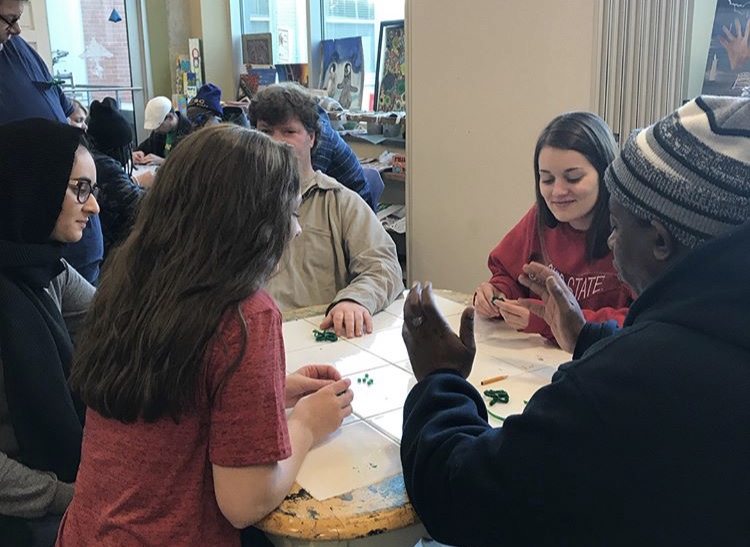[ACEL]: Hi Denny! Why did you select your major?
[Hall]: I always knew that I would study agriculture, but it was my vo-ag teacher, Harold Karcher, that inspired me to study agricultural education. While at Ohio State and as a participant in several student organizations, I observed that many of the ag industry leaders that I looked up to were former ag teachers. My conclusion was that there must be something valuable in the training to become and the discipline of directing a vo-ag program that was good preparation for future endeavors.
Why did you choose to attend The Ohio State University?
My first thought is to say that there was never any doubt, but that is not true. While agriculture was and remains my passion, I actually explored the idea of going to Wilmington to play basketball. After a campus visit there and watching one of their games, I knew that style of play was not for me. Also, I knew I was not good enough to play basketball for the Buckeyes.
How did your education at Ohio State influence your choice of career or your career path?
During my freshman year, I was not very ambitious. I was content to just take classes and play sports. Then I met Dr. L.H. Newcomb. He changed my life. He saw potential in me that I did not see in myself and challenged me to assume a leadership role in the Ag Ed Society. He lit a fire in me that burns to this day. In all honesty, I have no idea who I would have been had it not been for LH.
What were you involved in as an Ohio State student?
I lived in Norton/Scott for three years. After serving as co-chair of the Agricultural Education Society FSR Food Stand committee, I went on to several leadership roles within the College eventually serving as co-chair of the College Recognition Banquet and president of the Council for Agriculture, Home Economics, and Natural Resources (CAHENR) Council. In addition, I was a member of Bucket and Dipper and Sphinx honorary societies.
What professor, faculty or staff member had an impact on your education/career? How?
Dr. Newcomb had the most life changing impact, but the College community was full of faculty that were incredibly supportive and encouraging. I loved my advisor, Dr. J. Robert Warmbrod. Clarence Cunningham, John Stitzlein, Keith Smith, Jo Jones, and Nikki Conklin also had a major influence on my Extension career.
What is your favorite memory related to your time at Ohio State?
Ohio State is where I grew up. I went from a kid to being a citizen. The highlight is clearly that I met my wife of 36 years, Lynne, in the Norton-Scott Complex. She has been a terrific partner in life.
What was your first job following your education at Ohio State?
I taught Vo-Ag for two years at Ridgedale.
For what schools, companies and/or organizations have you worked throughout your career?
After a couple of ag extension agent retirements in my vicinity, I decided to try that out. I have loved extension work for the 34 years since.
During your career, have you received any awards or honors? If so, what are those?
I served as president of the CFAES Alumni Society and secretary of the Development Board. The Nature Conservancy awarded me their President’s Award for supporting farmer leadership of water quality and watershed management programming.
As of today, what is your favorite career highlight?
I am proud of the fact that I have played a significant role in attracting and managing over $30 million in major grants to the College and helping to craft a new vision for advanced bioenergy and biobased products in Ohio. I aspire to see over $1 billion in economic impact during my service at OBIC. To date, I can account for over $600 million in business and programmatic activity as a result of OBIC programs.
What advice would you give to a current student?
Be positive and passionate about the opportunities that you have to serve, whatever the role. Take advantage of opportunities the university provides.
Be intentional about your personal growth and development. Strive to innovate by looking at challenges and opportunities in creative ways.
What did ACEL cultivate in you? How?
My interest in agriculture was transformed into a career of public service and community leadership. There was no way to know the interesting work that would be in my future, but ACEL provided me a foundation to build a fascinating career upon.










